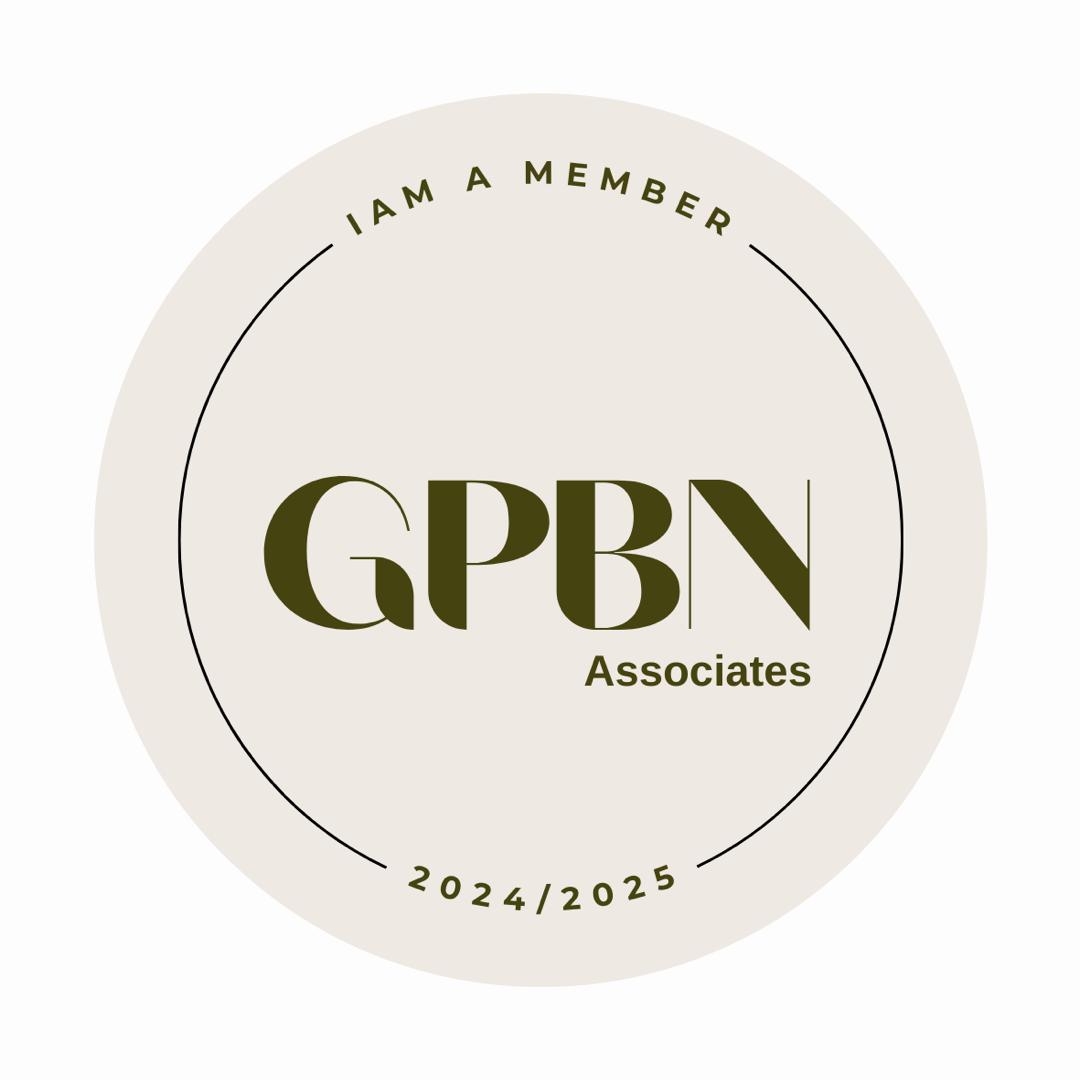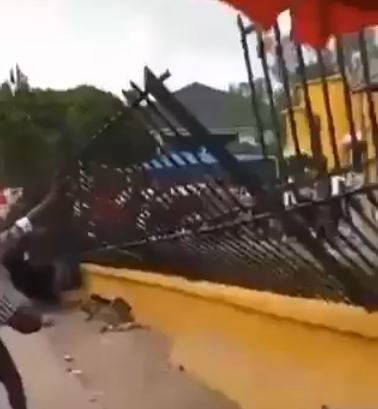On a scorching afternoon in Festac Town, Lagos, an uproarious scene unfolded at a major telecommunications office. The incident, now widely referred to as the “SIM Blockade,” involved a mob of frustrated locals who took their grievances to the streets, culminating in a significant act of vandalism against the telecom office.
The root of this chaos was a recent policy change that left countless residents without functional SIM cards, effectively cutting them off from essential communication channels.
The telecom company had introduced stringent measures to curb the alarming rise of SIM card fraud and identity theft. These measures included mandatory re-registration of all SIM cards, requiring users to provide extensive personal information and undergo a biometric verification process. While the intentions behind these regulations were rooted in enhancing security and protecting customer data, the execution was marred by poor planning and lack of adequate public sensitization.
Residents of Festac Town, a bustling suburb known for its vibrant community and commercial activities, were among the hardest hit by the new policy. Many reported that their SIM cards were blocked without prior notice, leaving them unable to make calls, send messages, or access mobile banking services. For a community heavily reliant on mobile communication for business and personal transactions, this sudden disconnection was more than an inconvenience—it was a crisis.
The telecom office in Festac Town soon became the focal point of public frustration. Long queues formed outside the building as people flocked to resolve their blocked SIM cards. The atmosphere was tense, with tempers flaring and patience wearing thin. Customers complained of understaffed counters, slow service, and a lack of clear information on the re-registration process. Many had taken time off work or traveled long distances, only to be met with further delays and bureaucratic hurdles.
As days turned into weeks, the frustration boiled over. Rumors began to circulate that the telecom company was deliberately dragging its feet to force customers into purchasing new SIM cards, thus profiting from the crisis. These allegations, whether true or not, fueled anger and suspicion among the already agitated populace. Social media platforms were awash with posts decrying the company’s handling of the situation, and calls for protest grew louder.
The tipping point came on a fateful Friday afternoon. A large crowd had gathered outside the telecom office, demanding immediate action to restore their blocked SIM cards. The situation quickly escalated as tempers flared and voices were raised. Security personnel, overwhelmed by the sheer number of people, struggled to maintain order. Tensions reached a breaking point when a scuffle broke out between a customer and a security guard, triggering a chain reaction of chaos.
READ ALSO:The High Cost of Violent Protests: An Urgent Warning from the IGP
The mob, now incensed, surged forward, smashing windows and breaking down doors. Inside the office, employees scrambled to secure important documents and equipment. Desks were overturned, computers were destroyed, and customer service booths were ransacked. The scene was one of utter pandemonium, with the mob venting their frustration on anything and everything in their path.
Local law enforcement, alerted to the situation, arrived on the scene but were initially hesitant to intervene forcefully, wary of exacerbating the already volatile situation. Eventually, reinforcements were called in, and a combination of tear gas and baton charges were employed to disperse the crowd. Several arrests were made, and order was gradually restored, but the damage had been done.
The aftermath of the “SIM Blockade” left the telecom office in ruins and the company facing a public relations nightmare. The incident prompted widespread condemnation from both the public and government officials. The Nigerian Communications Commission (NCC), the regulatory body overseeing telecom operations, launched an immediate investigation into the company’s handling of the SIM re-registration process.
In the days that followed, the telecom company issued a formal apology to its customers, acknowledging the shortcomings in their implementation of the new regulations. They pledged to expedite the re-registration process and improve customer service to prevent a recurrence of such events. The company also promised to compensate affected customers with free airtime and data bundles as a goodwill gesture.
Despite these efforts, the incident left a lasting scar on the community of Festac Town. For many residents, the episode was a stark reminder of the disconnect between corporate policies and the realities of everyday life for ordinary citizens. The “SIM Blockade” underscored the critical importance of effective communication, transparent processes, and the need for companies to be more attuned to the needs and concerns of their customers.
The government, for its part, vowed to take a more active role in monitoring and regulating the activities of telecom companies to safeguard consumer interests. There were calls for the establishment of more robust mechanisms for customer complaints and dispute resolution, as well as stricter penalties for companies that failed to meet regulatory standards.
In the weeks and months following the incident, community leaders in Festac Town worked to heal the divisions and restore trust. Town hall meetings were organized to discuss the issues that led to the “SIM Blockade” and to explore ways to prevent such occurrences in the future. The incident also sparked broader conversations about the role of technology in society and the responsibilities of companies that provide essential services.
The “SIM Blockade” of Festac Town stands as a cautionary tale of what can happen when corporate decisions fail to take into account the human impact. It highlights the need for companies to engage with their customers, communicate effectively, and implement policies in a manner that is considerate of the people they serve. As Festac Town slowly recovers from the turmoil, the hope is that lessons learned from this incident will lead to better practices and stronger community ties in the future.






























































